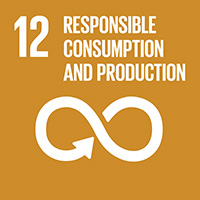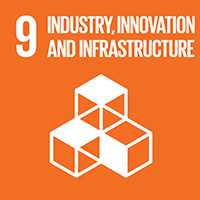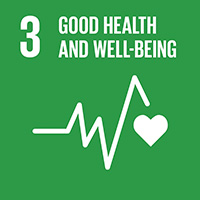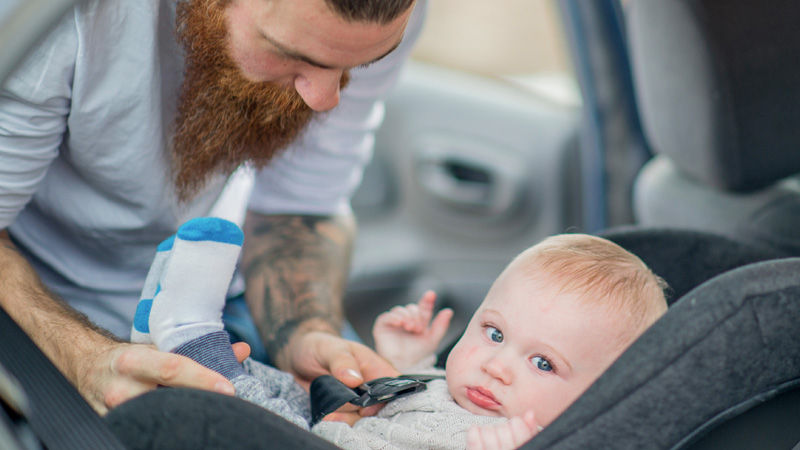Our work: SeatSmart child car seat recycling
Aim: To provide an alternative to landfill for the disposal of child car seats and improve social outcomes by raising awareness of expiry dates through product stewardship.
The problem
More than 100,000 child car seats expire each year in New Zealand. Until 3R launched SeatSmart in 2016, there were no sustainable outcomes for seats that expired or were damaged in car accidents. Now, SeatSmart gives consumers a simple user-pays nationwide recycling programme that recovers 75% of seat materials for recycling or repurposing. We also work to raise awareness of expiry dates to improve safety for Kiwi kids.
It’s a great outcome but we think it could be even better. We continue to work with industry to make SeatSmart a voluntary product stewardship programme. This would make it free for consumers to recycle their seats and make a bigger impact on the volume of expired seats going to landfill or being passed on to others.
The solution
Explore the opportunity of creating an industry-led, best practice design voluntary product stewardship Encourage producers and retailers to join us in creating New Zealand’s first voluntary product stewardship programme for child car seats. (We’d like to beat Australia to make it a ‘world-first’.)
What did we deliver?
- We brought industry stakeholders together to investigate the current situation and what product stewardship might look like (2013-2015)
- We launched a user pays recycling programme to prove the demand and the model in 2016
- We have successfully recycled more than 24,000 child car seats by March 2022, diverting 124,000 kg of plastic, metal and straps from landfill
- We researched opportunities for circular solutions for polyethylene from seats
- We work with New Zealand’s largest insurer IAG and retailer Baby on the Move to provide the first replacement and recycling initiative for child car seats damaged under insurance
How did we do it?
- We collaborated with stakeholders to design a product stewardship model for child car seats (2013-2015)
- We set up effective end-to-end collection and dismantling operations from 2016, collaborating with retailer Baby on the Move, local councils and other interested organisations
- We constantly innovate to create efficiencies in transport and processing
- We work with social enterprise and Department of Corrections on dismantling to increase the social benefits of recycling seats
- We provide seat straps at no cost to small businesses and organisations making bags from repurposed materials
- We collaborate with processors and industry to improve recycling rates of plastics
Where to next
We continue to work with industry stakeholders to create a product stewardship solution which makes recycling accessible for all New Zealanders.
We regularly field calls from charities and road safety organisations who have received expired seats or replaced expired seats for families and would like to see these recycled but can’t afford to pay the recycling fee.
A nationwide stewardship programme removes this burden by shifting the cost from the consumer (when they no longer want the seat) back to the producer and retailer (typically placing this at point of sale).
Working together, the child car seat industry has the opportunity to create a much-needed voluntary product stewardship programme. If you’re an importer, manufacturer or retailer of child car seats, we’d love you to get involved.
Sustainable Development Goals (SDGs) impacted by this work

Goal 12: Responsible consumption and production

Goal 9: Industry, innovation and infrastructure

Goal 3: Good health and wellbeing







